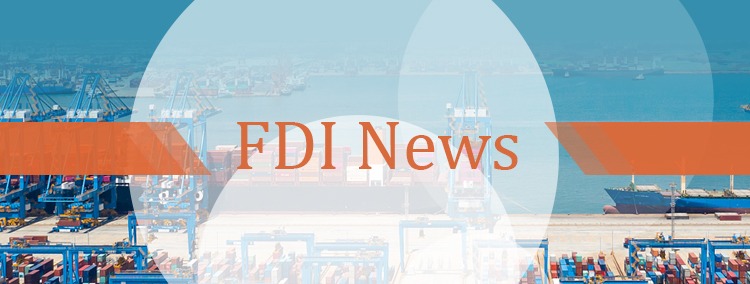German testing giant builds its largest laboratory in Taicang
chinadaily.com.cn Updated: May 09, 2024
The second phase of construction is currently underway on TUV Rheinland's Yangtze River Delta Operation Hub in Taicang, Suzhou, Jiangsu province, which is expected to be fully completed in the latter half of this year.
Covering an area of nearly 40,000 square meters, the hub is being built in two phases. The first phase, which is already operational, includes testing centers for photovoltaic components, electromagnetic compatibility, and automotive components. The second phase will expand to include testing laboratories for textiles, toys, chemicals, light industry, and electrical safety.
As one of TUV Rheinland's largest overseas investment projects and one of the most comprehensive testing centers in the world, the hub plays a significant role in the company's global operations.
Within the operation hub is an electromagnetic compatibility, or EMC, laboratory, featuring a 10-meter semi-anechoic chamber, primarily used for testing the radiation emission and immunity of electronic and electrical products to ensure their normal operation in various electromagnetic environments.
The scope of testing covers information technology products, high-power supplies, photovoltaic inverters, charging stations, battery management systems, and more.
TUV Rheinland, a Germany-based leading global inspection, testing, and certification company, has been in operation for over 150 years and established its presence in the Chinese mainland in 1989. Construction on the Yangtze River Delta Operation Hub commenced in late 2021 in Taicang's Shaxi town.

The EMC laboratory in TUV Rheinland's Yangtze River Delta Operation Hub in Taicang. [Photo/WeChat account: tcfbgw]
![]()





